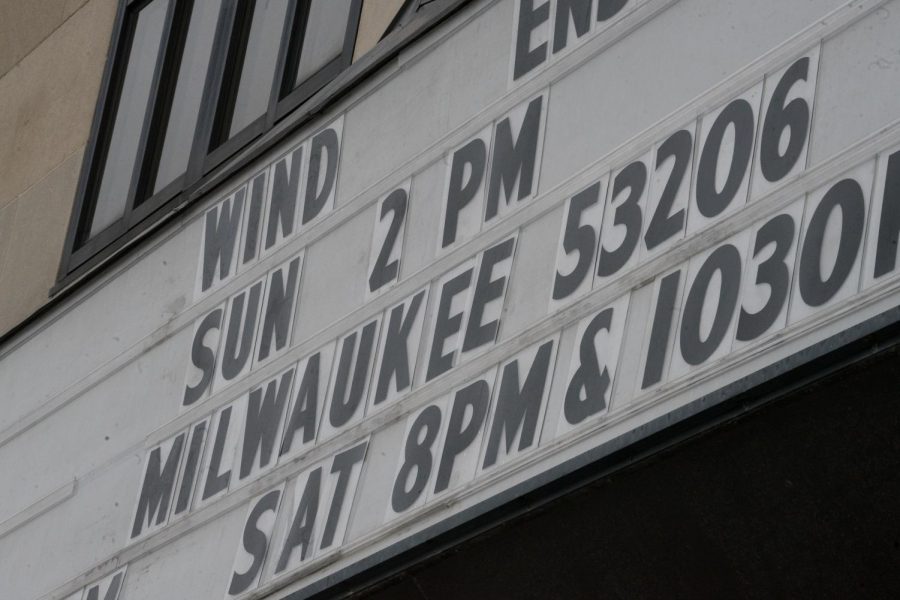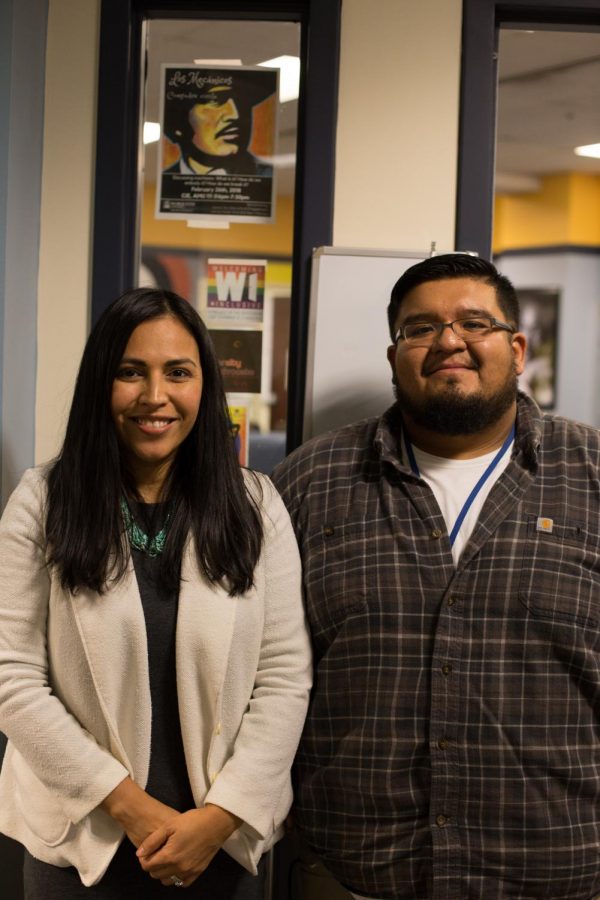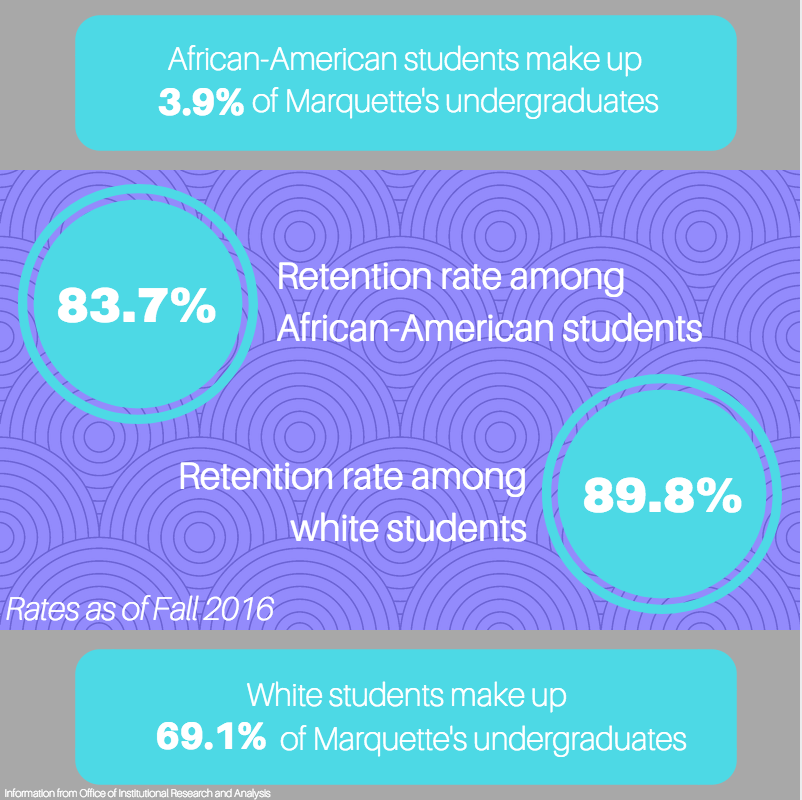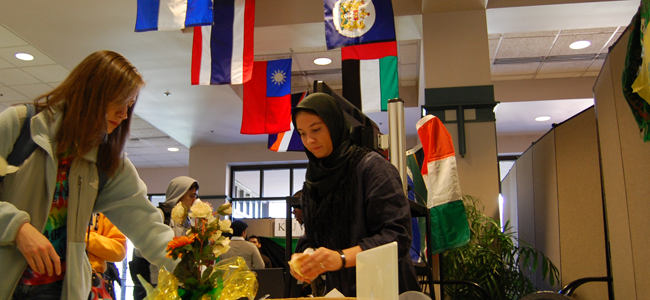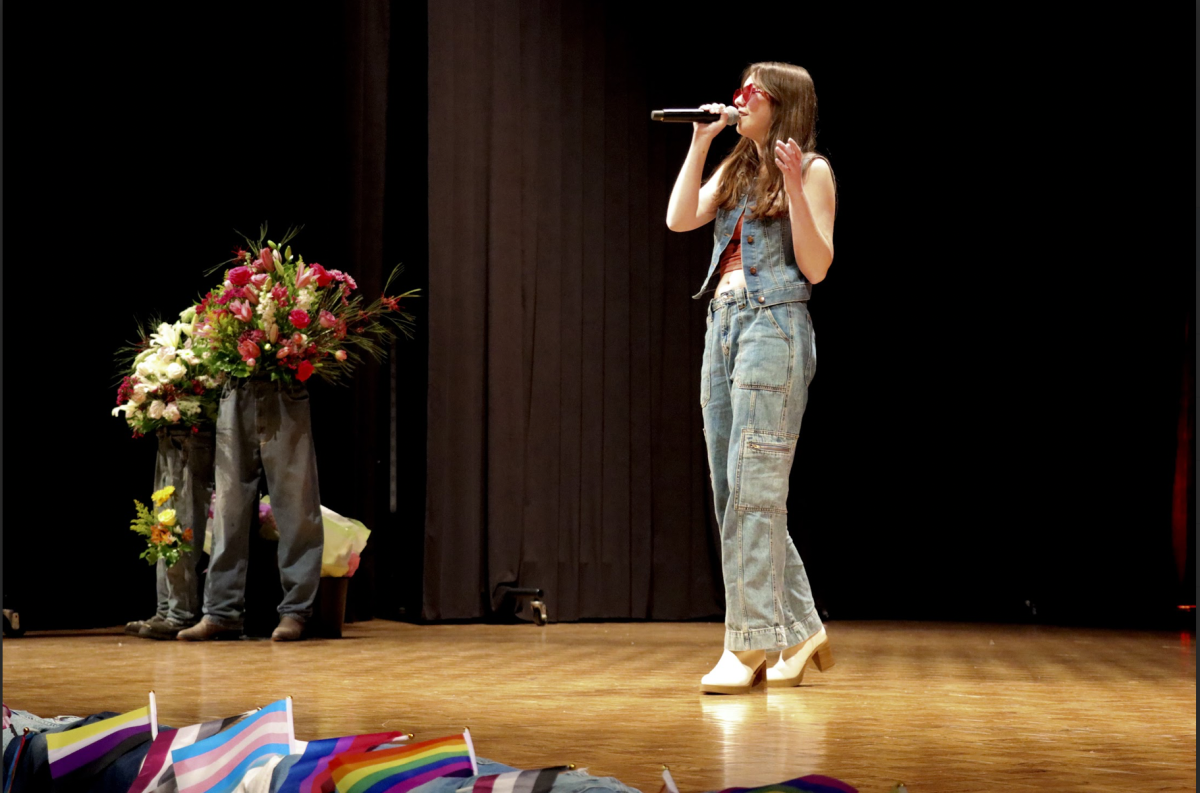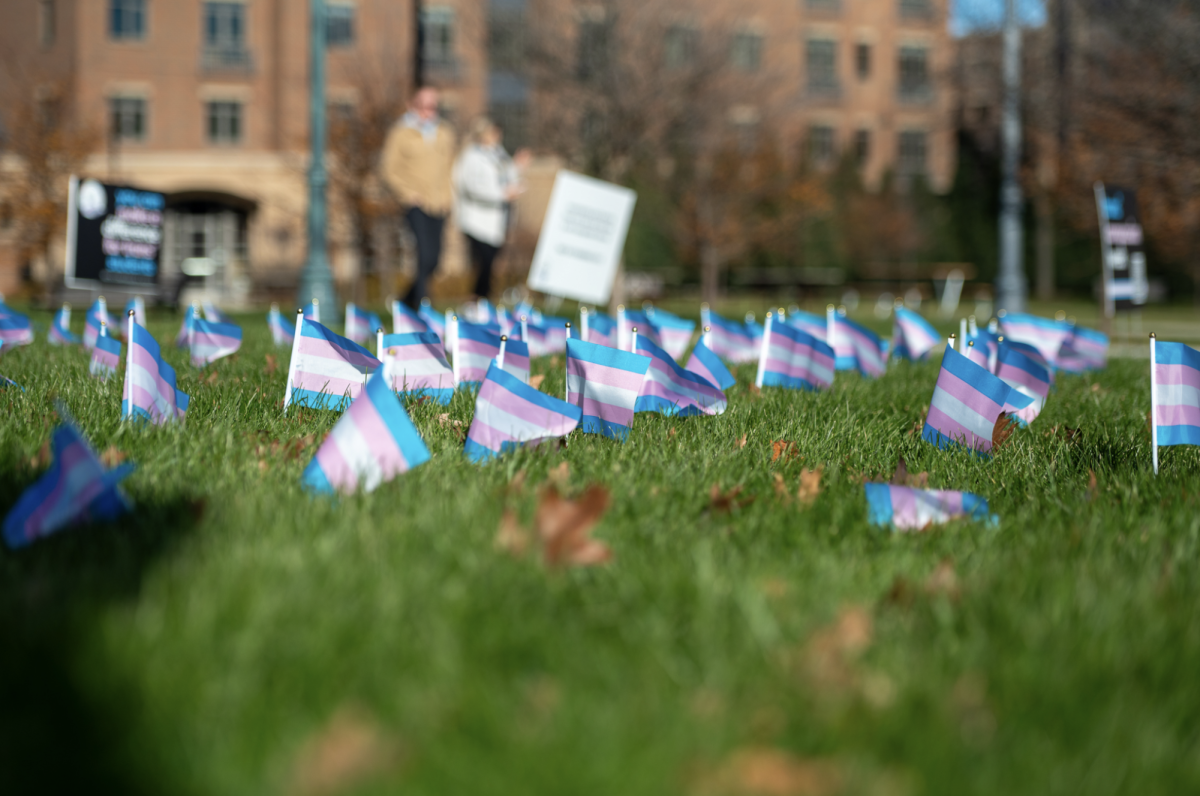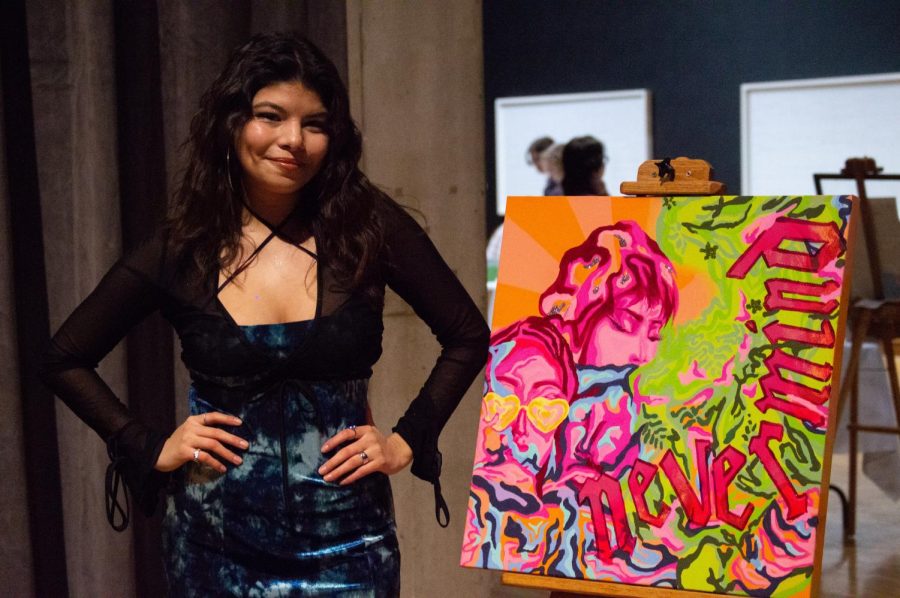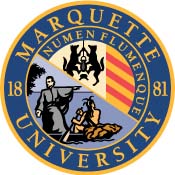The following reader submission is by Brenda Brambila, a senior in the College of Arts & Sciences, and is in response to a column published Oct. 4, “Safe spaces hurt students in long run.”
Safe spaces have become a hot topic among universities since they were deemed as “places to hide” from uncomfortable interactions. I believe this is a misconception that has negatively impacted marginalized communities. Safe spaces were created for marginalized groups to be understood in regard to their struggles and help them while in an environment that does not entirely understand them. As stated by Marquette alumna, Karla Navarro-Vega, “Safe spaces allow those who do not necessarily feel adequately represented within the population of a university to express themselves, take pride in their culture and engage in meaningful dialogue without the threat of suffering negative repercussions.” This is what safe spaces are intended to do — create space for meaningful dialogue.
Since the institutional default in any public or private sector of our society is created for and caters to the majority population, problems that marginalized populations face remain unaddressed and unheard. For that reason, safe spaces are for those students to have a place to discuss their issues and form a sense of community. Safe spaces at Marquette, such as the LGBTQ+ Resource Center and the Center for Intercultural Engagement, are important spaces for students to feel welcomed in an institution that is predominantly white. These spaces allow students to cope with microaggressions they have experienced on campus. According to Psychology Today, microaggresions are “the everyday verbal, nonverbal, and environmental slights, snubs, or insults, whether intentional or unintentional, which communicate hostile, derogatory, or negative messages to target persons based solely upon their marginalized group membership.” Safe spaces allow students to vent, reflect, recuperate and give them the strength to keep attending this university. Both of these spaces help students transition by compiling resources such as school organizations, cultural or diversity events, scholarships, study abroad, career services and as a study area.
Furthermore, the CIE and the LGBTQ+ Resource Center create discussion series to open dialogue concerning issues that are sensitive but must be talked about in order to empower students to be open minded. Events like these include: Men2Men, Femininity & Masculinity Workshops, DREAMEr’s Group, Cafe Con Leche Series, Latinas Unidas and the LGBTQ+ Speaker Series. Each of these groups meet throughout the semester and discuss different topics to educate students about others. For example, Men2Men talks dive into issues that men of color face under the stereotypical umbrella, and how they go about it to dismantle them. Discussions like these open dialogue on many issues that students of color face on an everyday basis outside and inside campus.
Navarro-Vega expressed to me, “Safe spaces provide an immediate outlet of safety and acceptance for students who do not otherwise have the opportunity to feel safe or accepted in their daily lives. They serve to aid students in coping with the negative experiences they are faced with on a day-to-day basis, and this contributes greatly toward maintaining good mental health. A misconception is that safe spaces completely prevent a student from facing the reality of any particular situation, but students deserve a break from the constant aggression and microaggression present in their lives.”
This testimonial tells the importance of safe spaces and why the whole student body should respect them. Everyone goes through different struggles, and this is how we cope with ours. We are humans that need a sense of belonging and support to achieve our dreams. We cannot assimilate to white culture because it is not the only culture that makes up this country, and it is not representative of who we are. We have our values and our own perspective of life because we are diverse and complex human beings. Our exposure to different cultures and coexisting with each other allows us to become well-rounded students. We are a support system, we are a community, we are students, we are humans, we are family and above all: We are Marquette.

